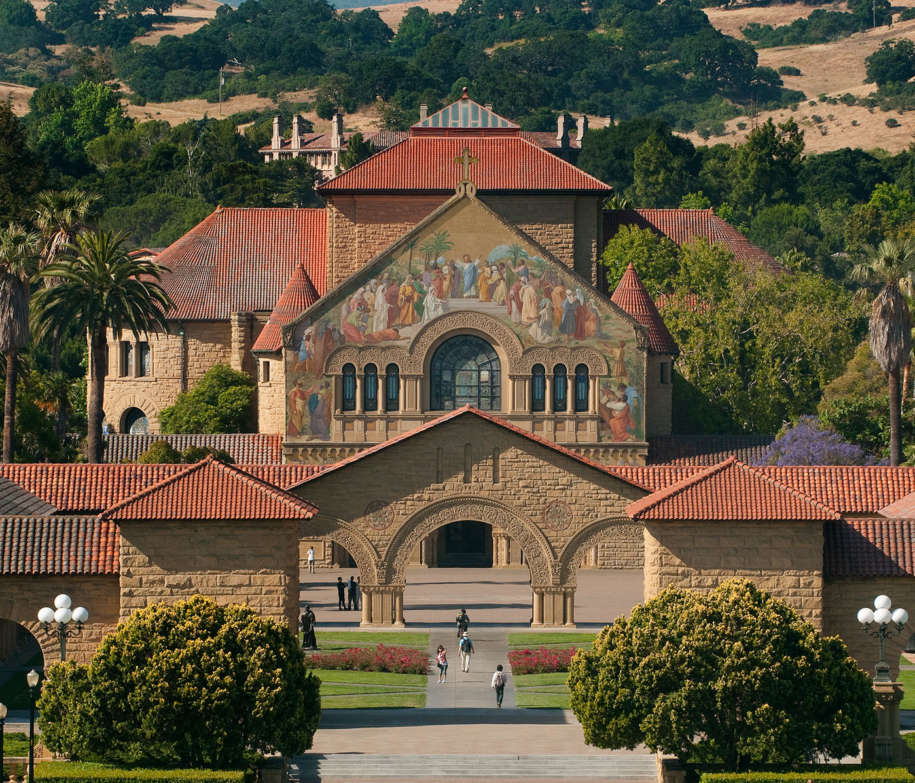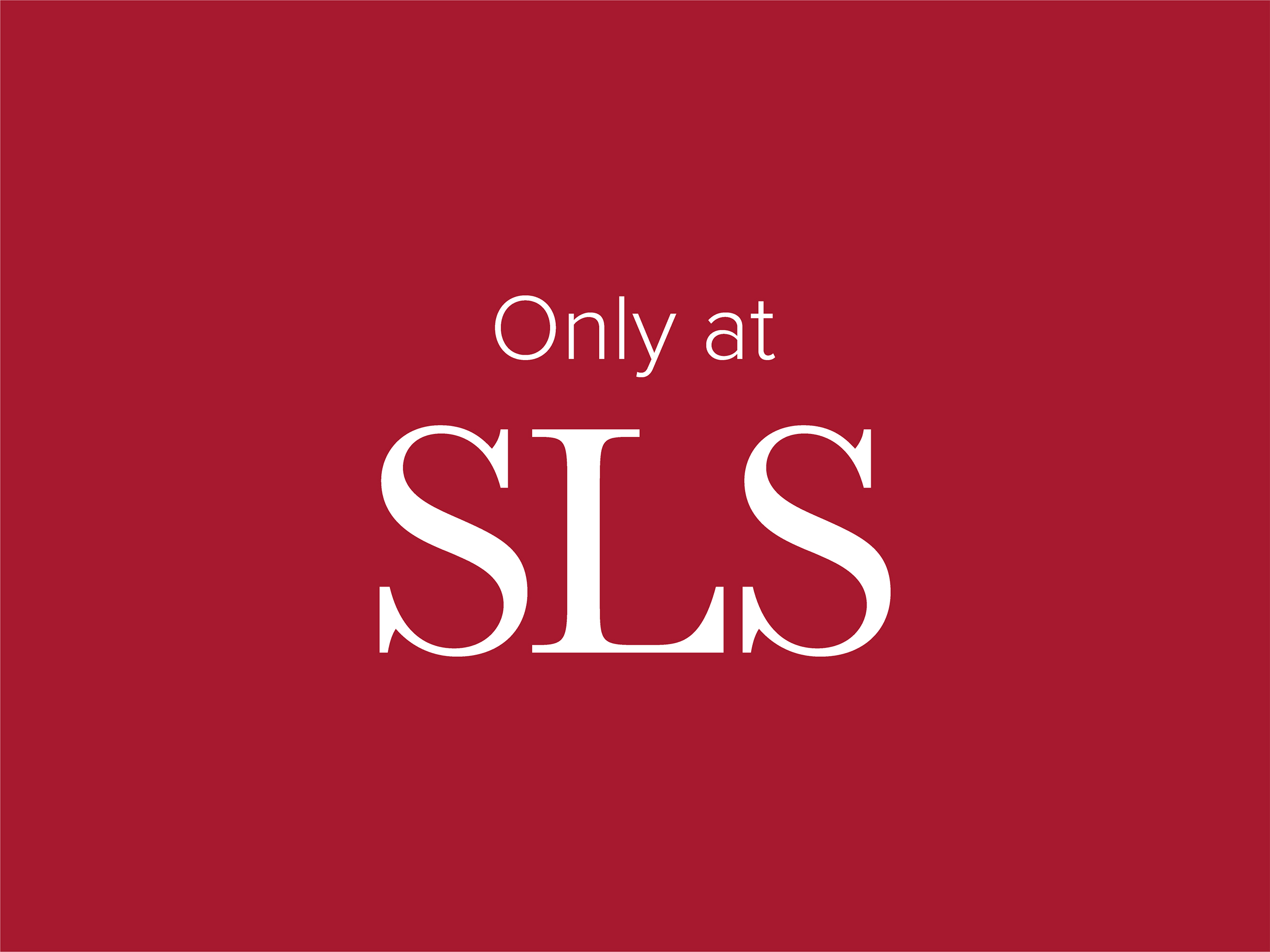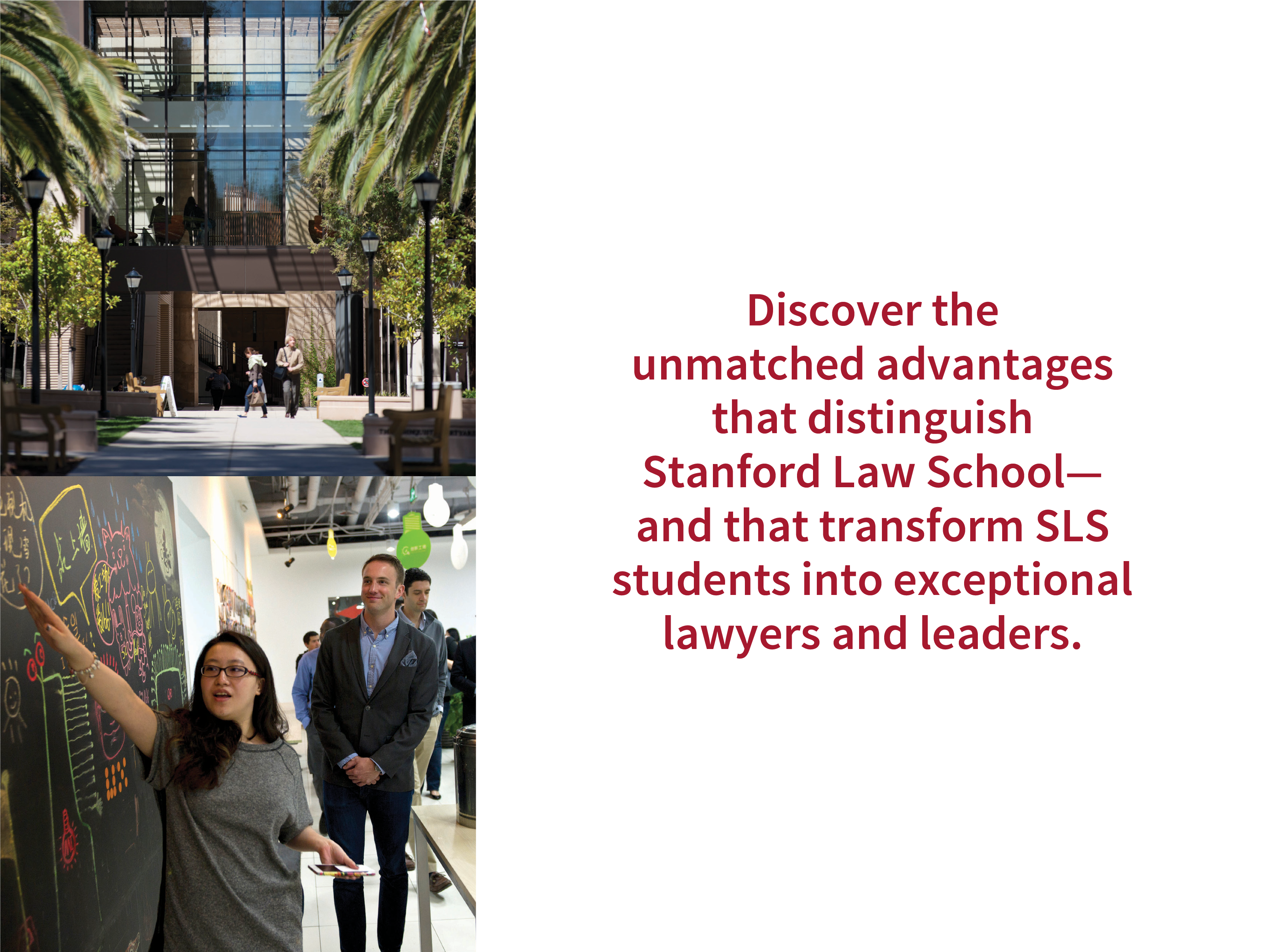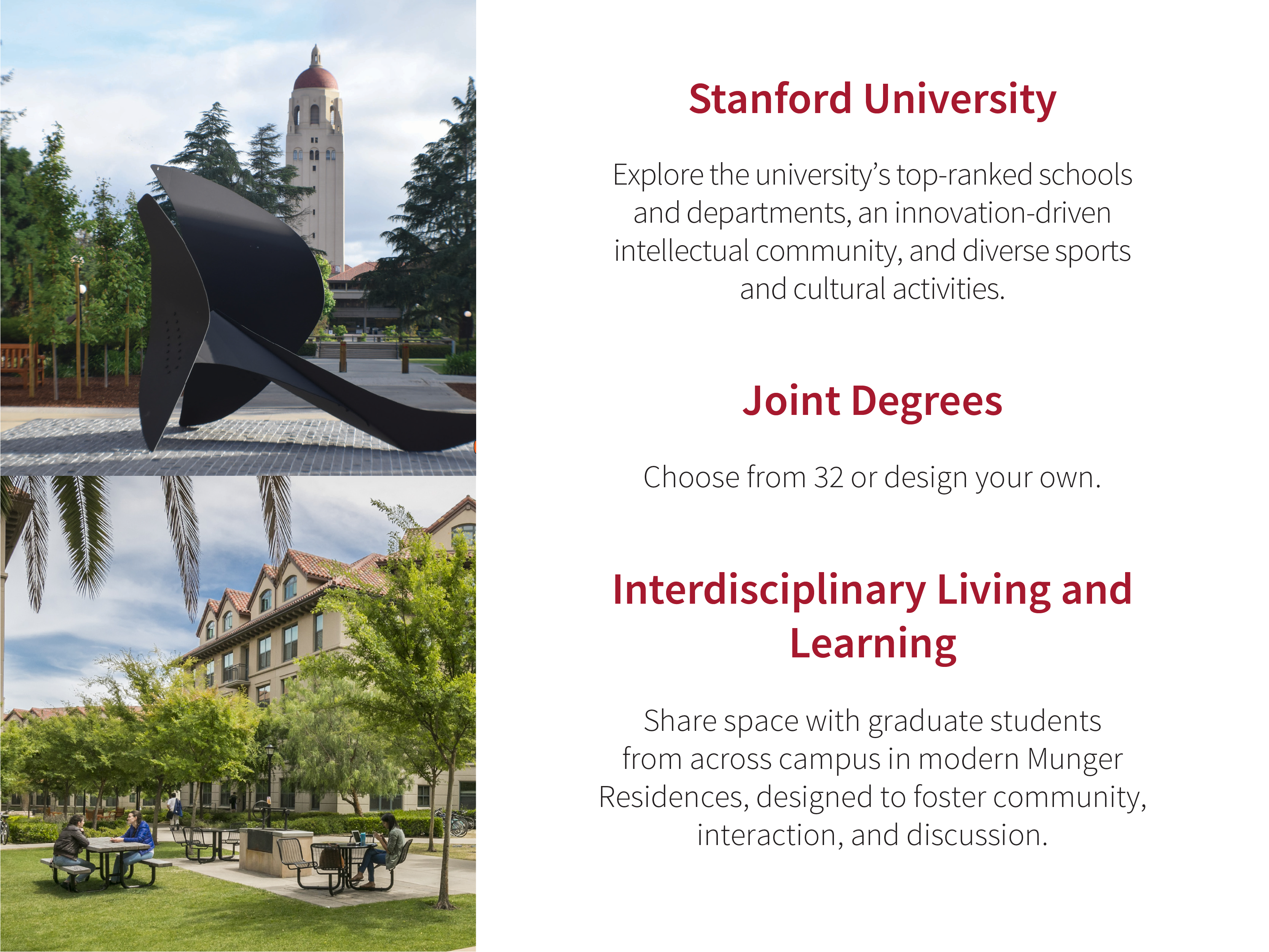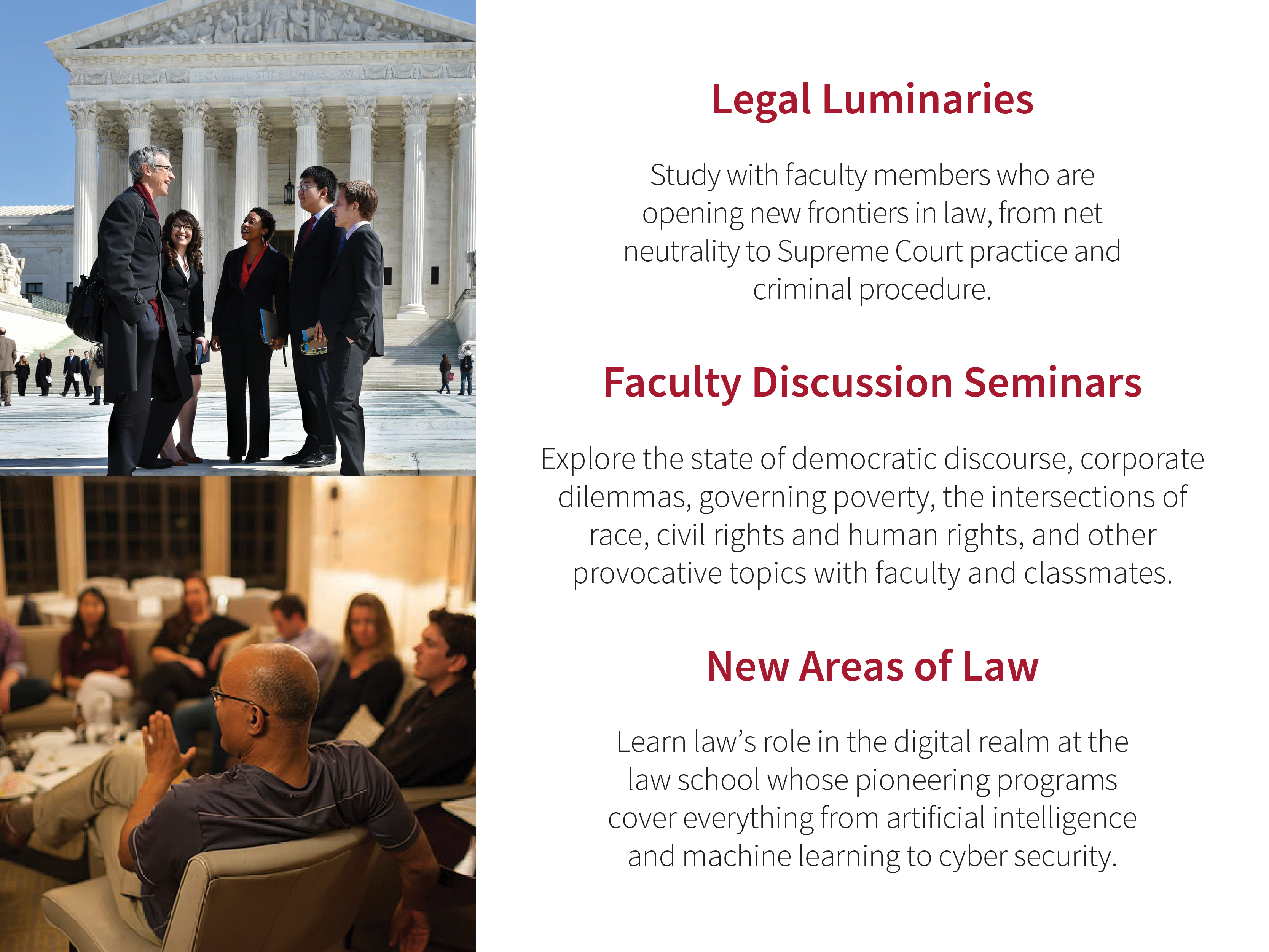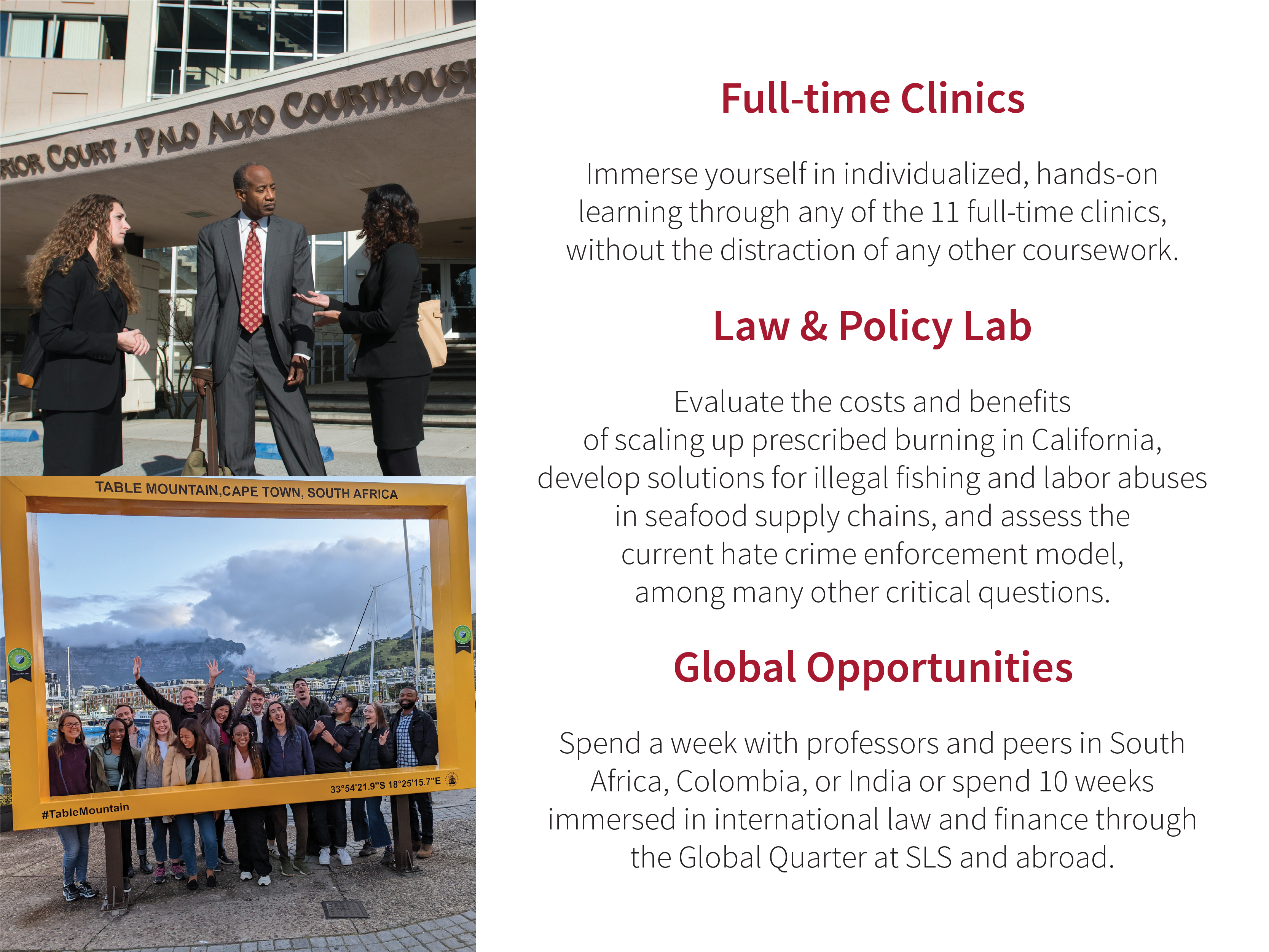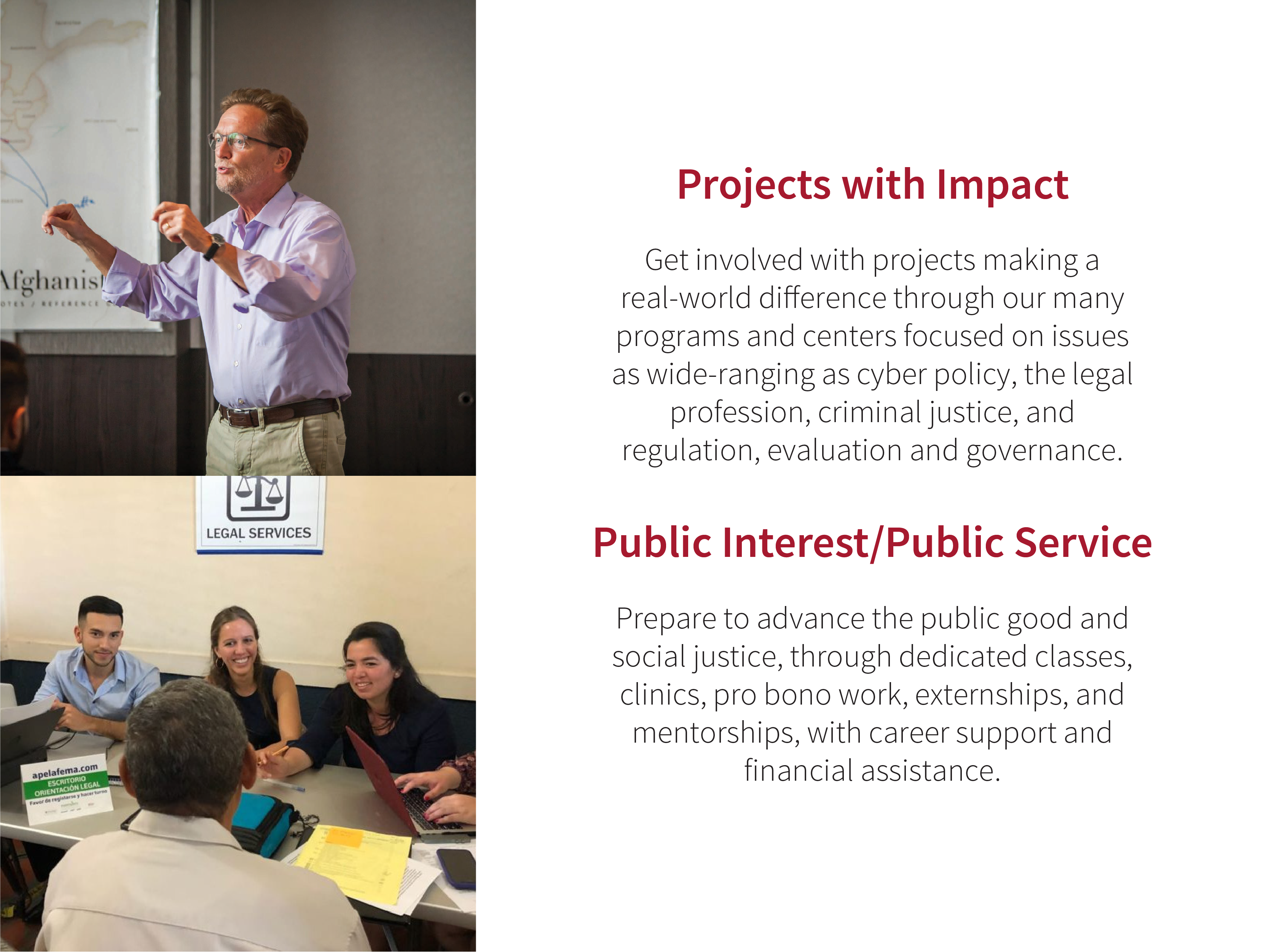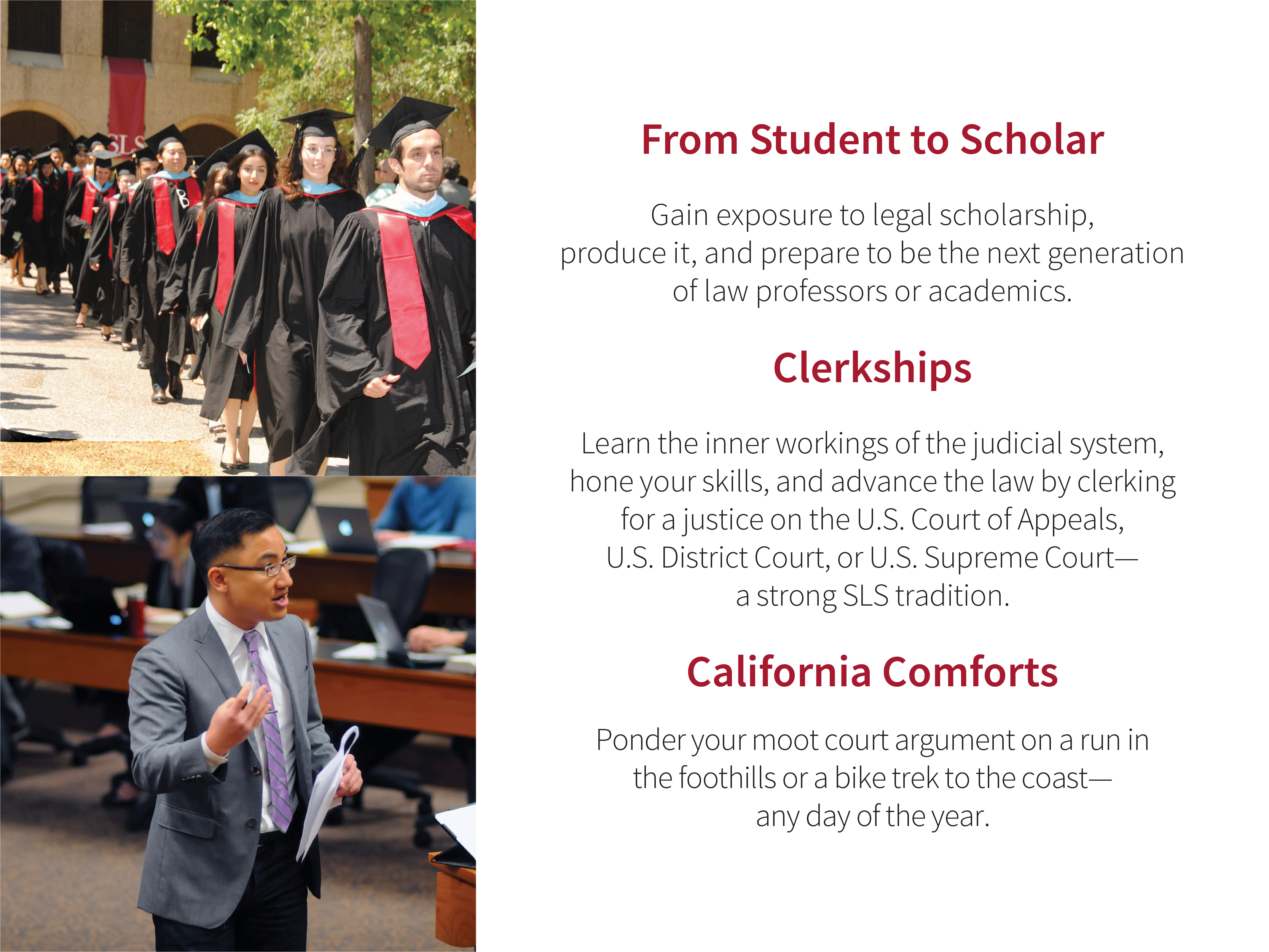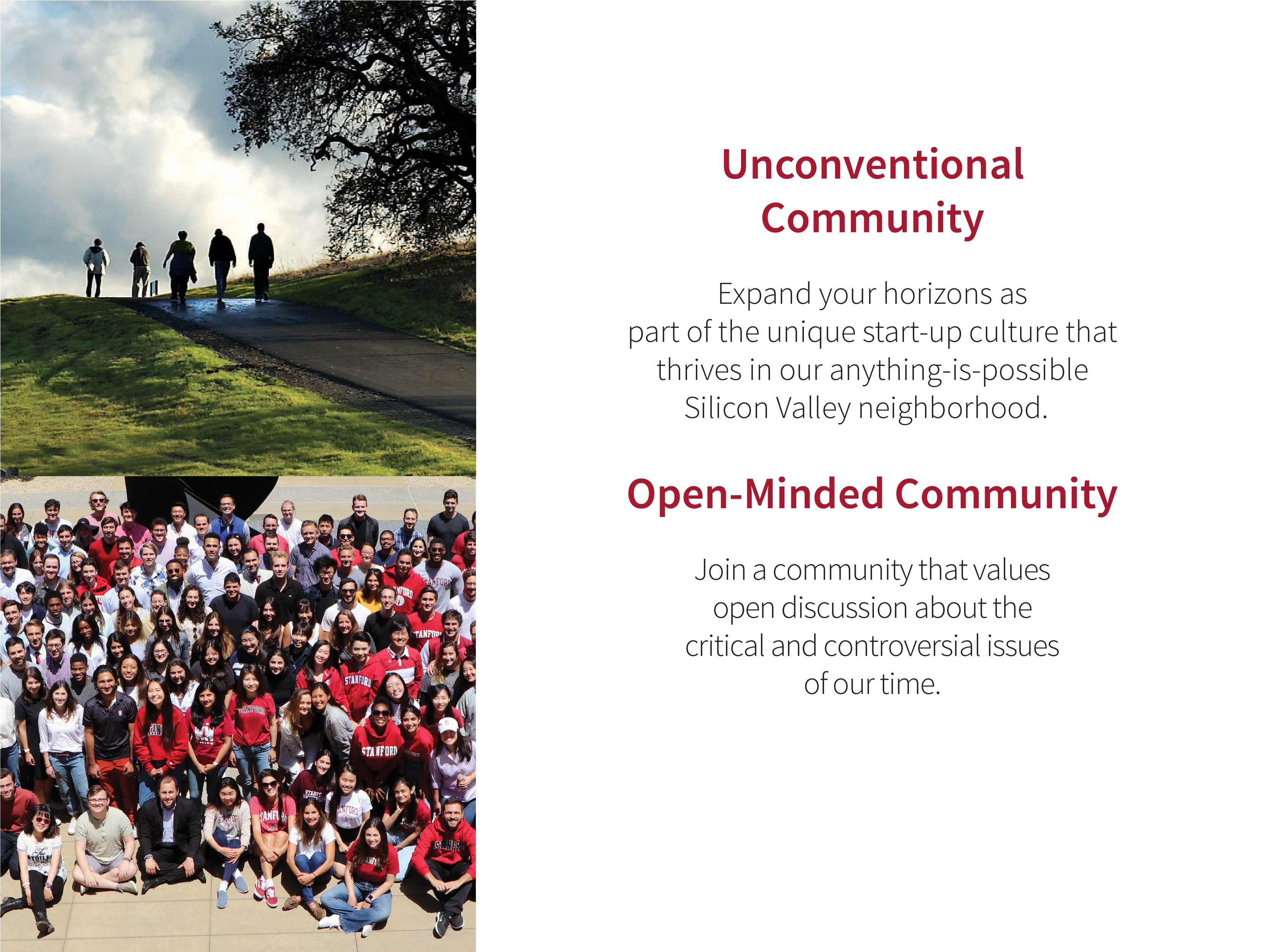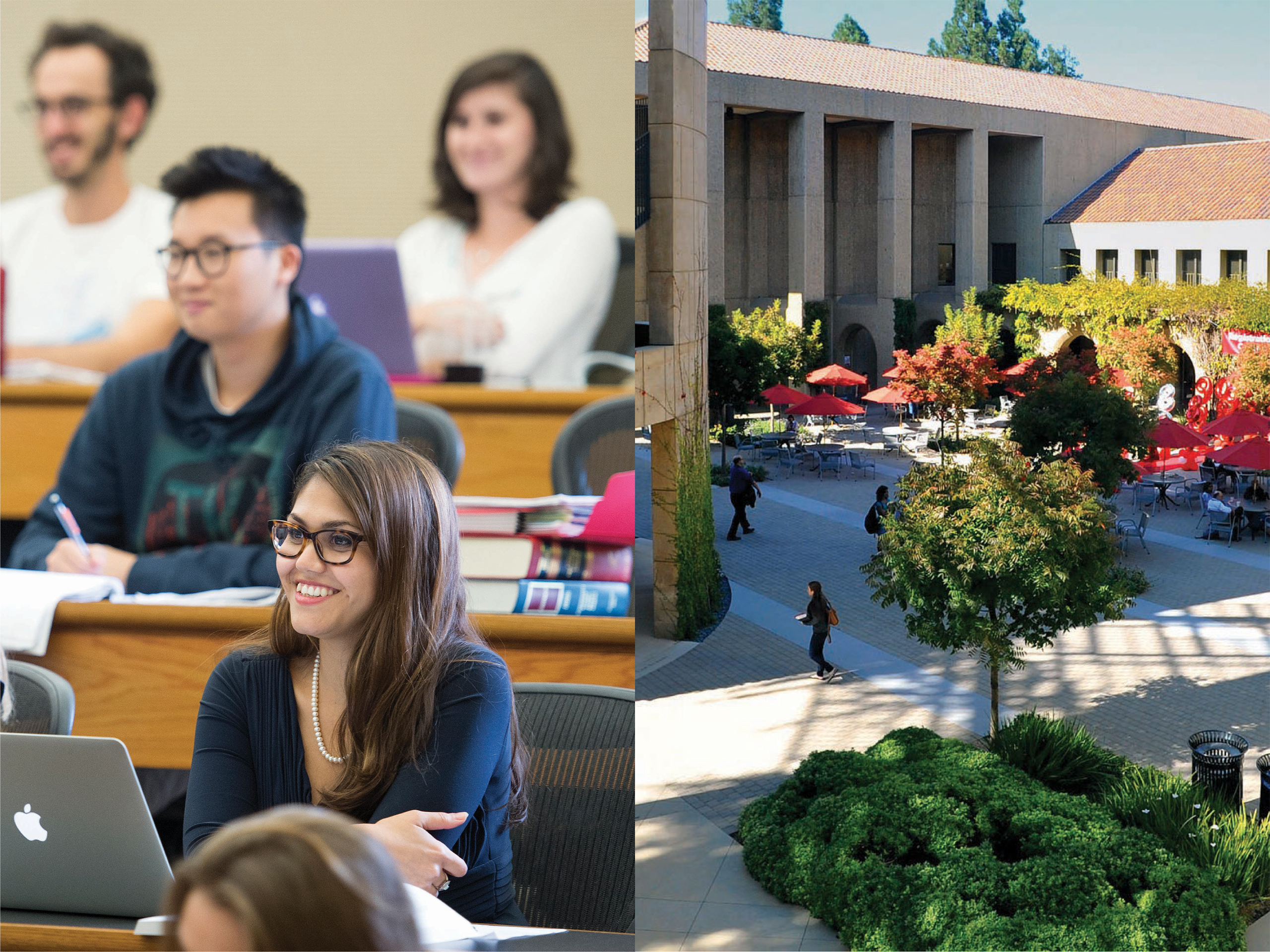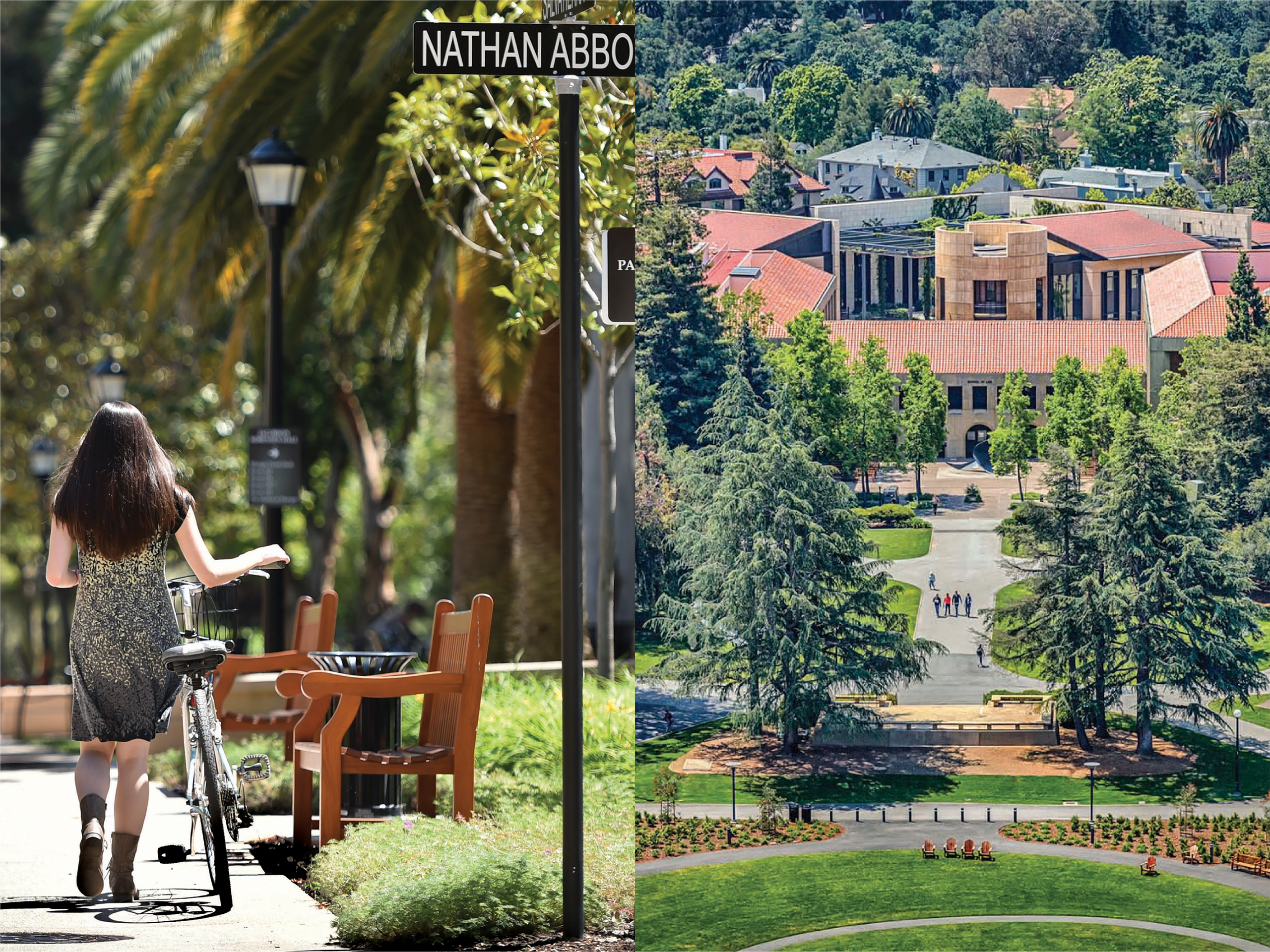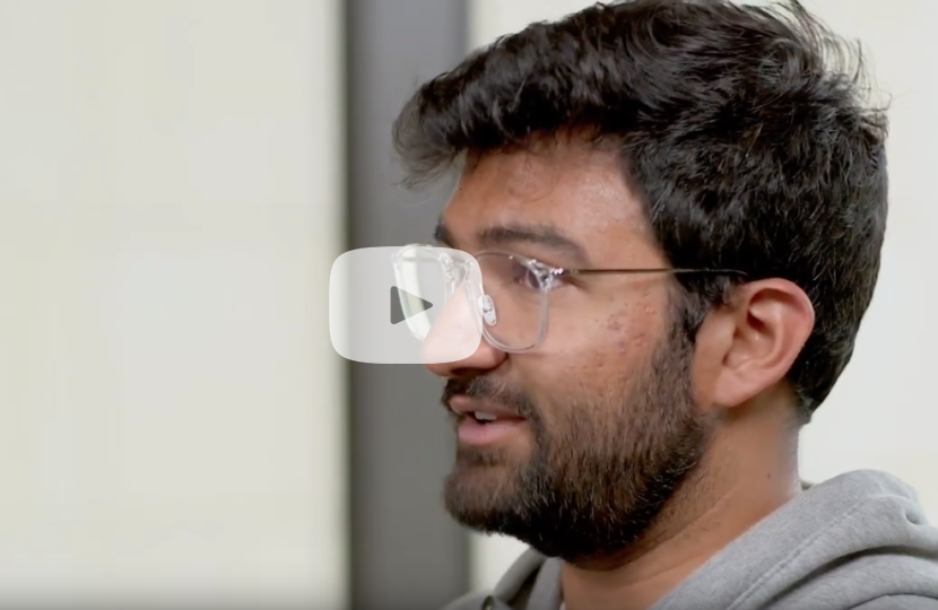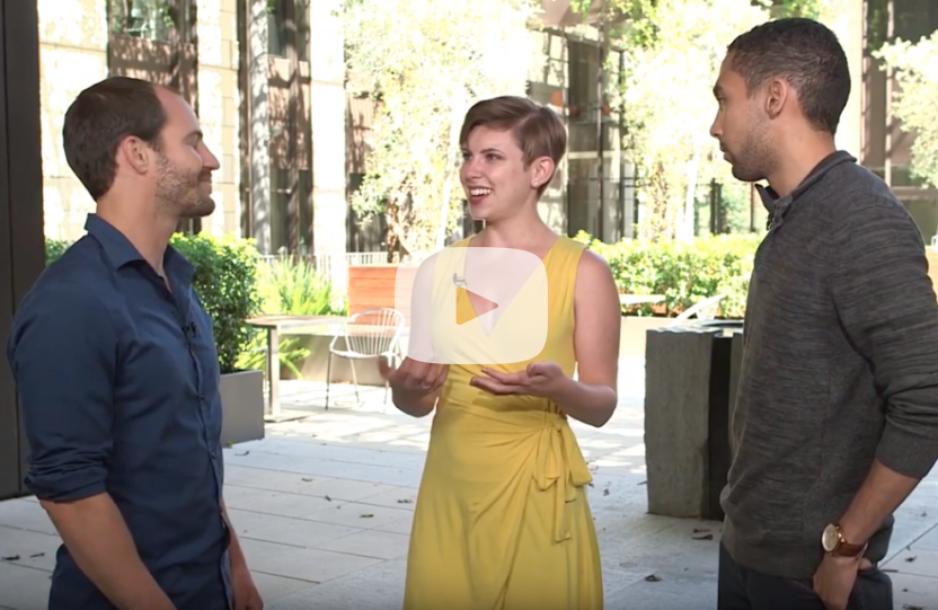JD Program
Mastering legal doctrine is just the beginning of a proper legal education. Lawyers play countless roles in our society—as advocates, as advisors, as leaders in their own right. They practice law, work in business and government, put their degrees to use in science, education, and policymaking, and serve their communities in many other ways. Knowledge of the law, both its content and how to argue about it, remains critical in all these roles. But it is not enough, and a lawyer must also understand the needs of the people he or she serves and the consequences for them of different legal positions. And because those needs cross disciplinary boundaries, Stanford Law—true to Stanford University’s heritage of learning without limits— offers the opportunity for a truly interdisciplinary, multidimensional legal education.
Stanford Law has adopted a variety of innovative approaches to prepare students to think not just like lawyers but also like clients and scholars. To begin, we make it easy to experience the diverse learning opportunities that are possible only at a university like Stanford—with its breadth of highly ranked schools and departments, all located close together on a well connected physical campus. Stanford Law students have broad access to courses outside the law school that will fill out their legal education. In this way, students benefit from academic thought leaders across disciplines, not to mention the intellectual life of the campus found in the myriad of conferences and events held each year and in countless other multidisciplinary research programs.
Nor do the opportunities to broaden your legal education at Stanford Law end here. In addition, you can explore law’s intersection with a growing range of fields by pursuing a joint degree and adding a master’s or doctorate to your law degree or by taking teamwork oriented simulation courses with students and faculty from other parts of the university.
Only at SLS
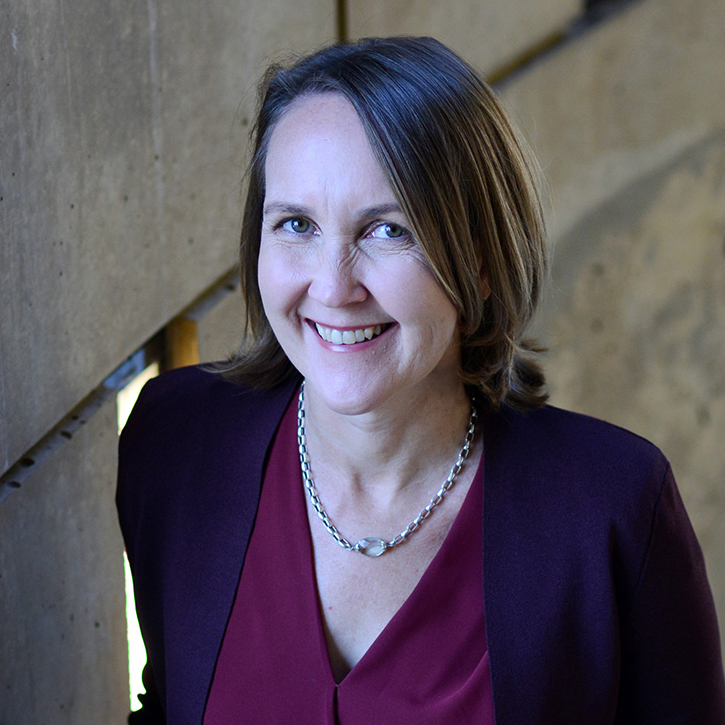
Life is about decisions, each choice shaping the future. Accepting an invitation to attend Stanford Law School will allow access to a community characterized by intellectual rigor, tremendous collegiality, and inspiring faculty and students eager to explore law’s impact on the big questions of our day. Now, as you choose a law school, we have a big question for you: Are you ready to shape the future? Because at Stanford Law, that’s what we do.
Jenny S. Martinez, Provost, Richard E. Lang Professor of Law and Former Dean of Stanford Law School
Letter From The DeanKnight-Hennessy Scholars
The Knight-Hennessy Scholars program awards full funding to Stanford graduate students from all disciplines, with additional opportunities for leadership training and collaboration across fields.
Applications for the Knight-Hennessy Scholars are due in early Autumn one year prior to enrollment. View dates and deadlines. You can also sign up for Knight-Hennessy Scholars email alerts to stay up to date on the availability of their online application.
learn more